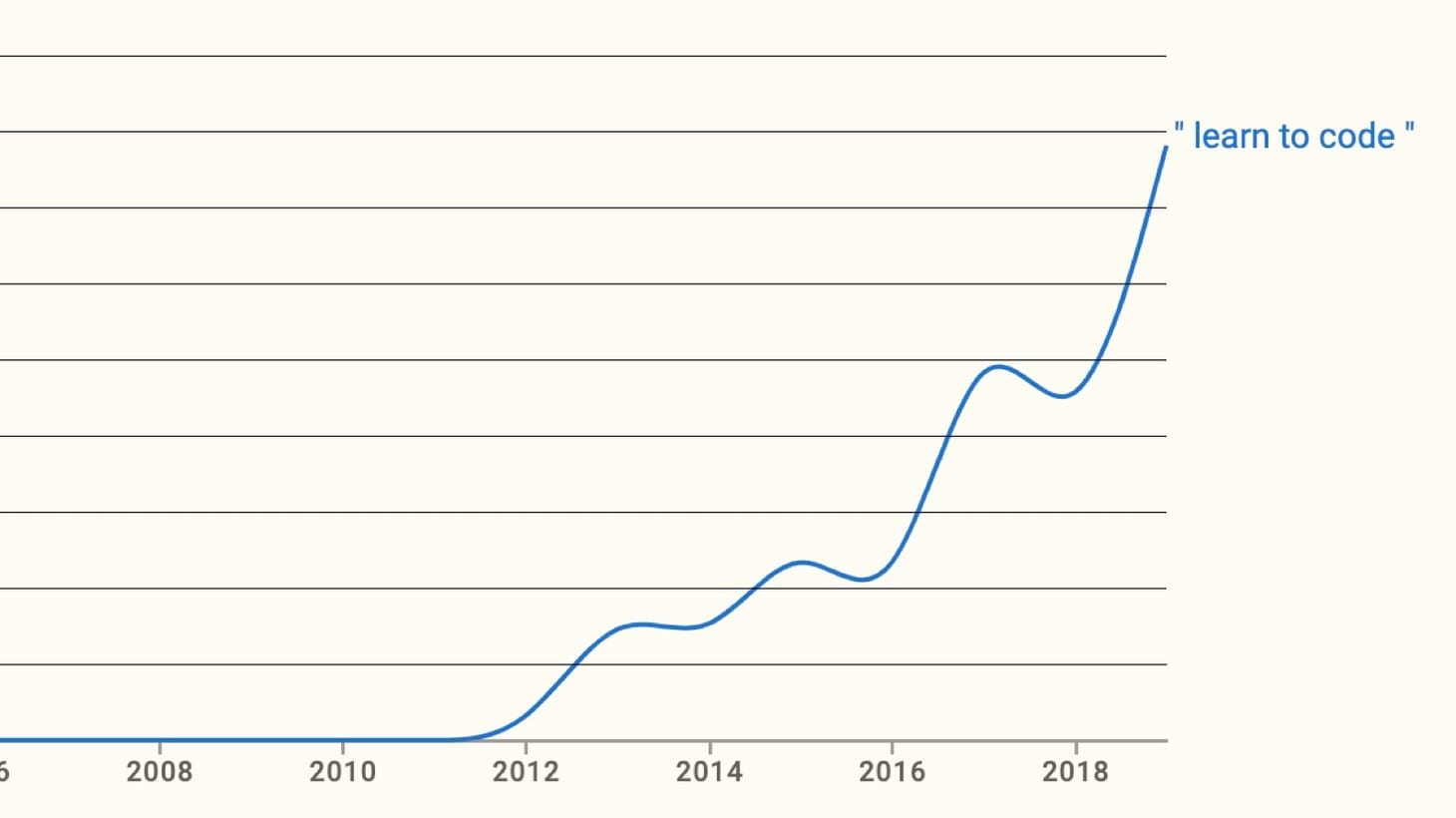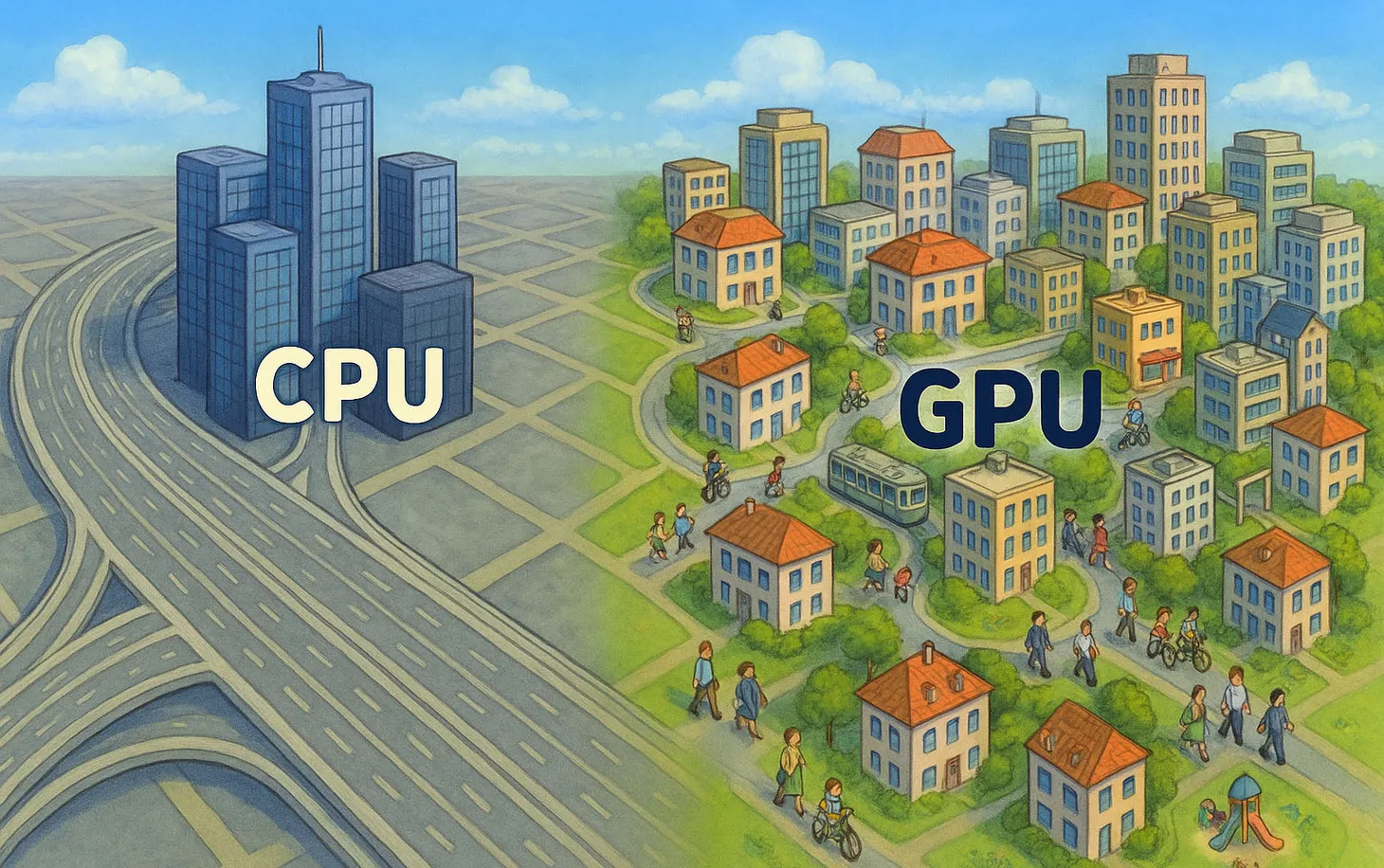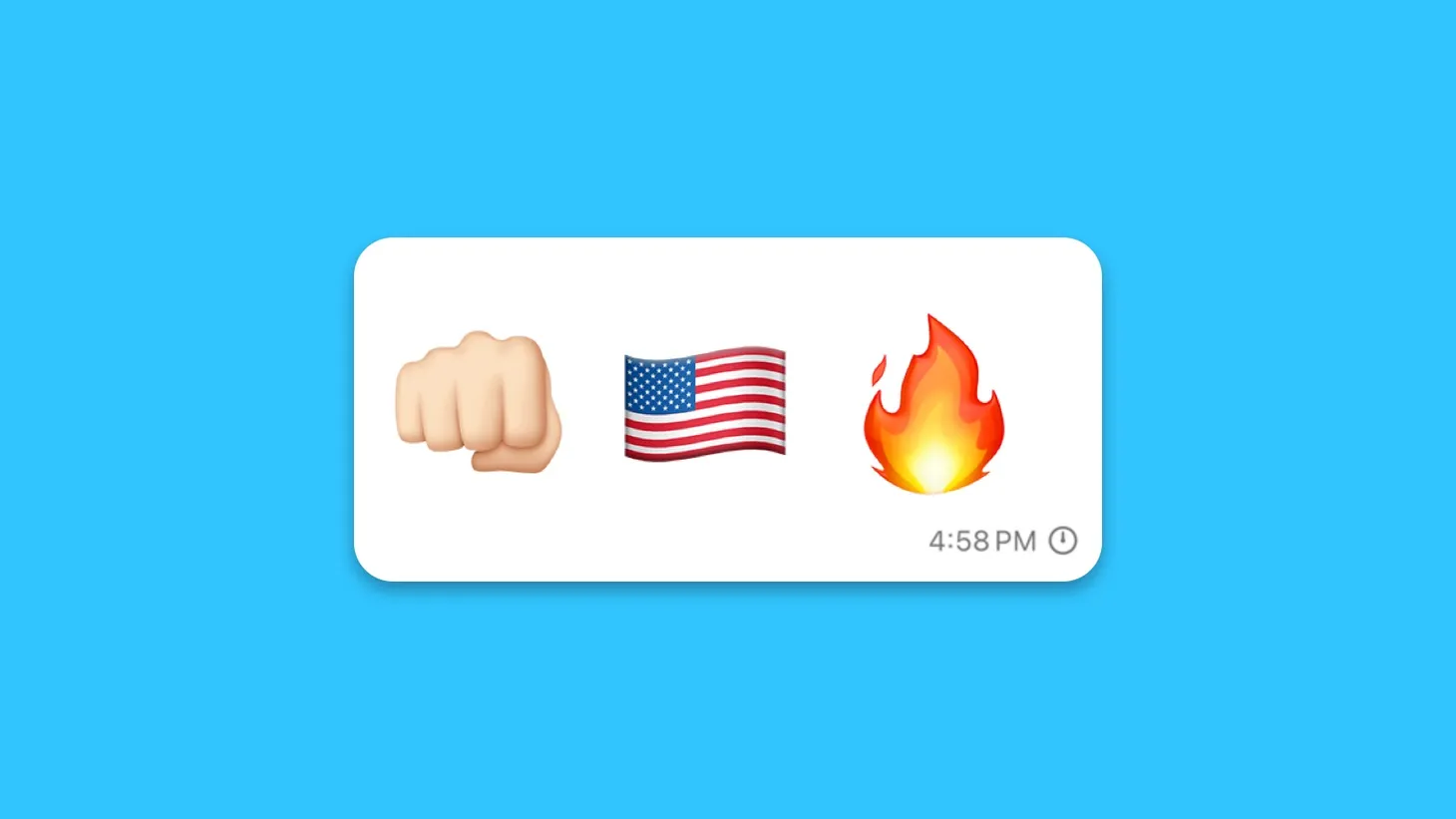Is Your Job Safe?
Do we need more programmers, or are many of them going to be broke in a few years? The answer to both questions is yes.

🎧 The audio version is available below and on your favorite podcasting app.
Over the past decade, few professions were considered safer than "software developer." In the aftermath of the Great Financial Crisis of 2008, "tech" was the new "finance." The Bay Area and Seattle boomed, and even in New York City, the number of tech jobs overtook finance jobs. Hundreds of books advised the masses "to learn to code."
Is "tech" still a safe option? The U.S. Bureau of Labor Statistics projects that the number of software developer jobs will increase by more than 25% over the next decade, five times faster than the baseline 5% average for other jobs.
This seems like good news. But there's more to this story. Tech skills will continue to be in high demand. But tech jobs will become less safe and, for many, less rewarding. This will happen for two reasons: automation and remote work. These two forces impact "tech" jobs in two main ways. If careers were a game, then remote work and AI would:
- Increase the number of people who can play the game
- Increase the size of the prizes people can win
These two dynamics reinforce each other — higher prizes attract more players, and more players drive up the size of the prizes. How does this work in practice?
Last week, I asked ChatGPT to find some data and generate a code snippet that would show an interactive chart with that data on my site. Within seconds, I had the code I needed. All I had to do was paste it into a blog post.
Then, I asked ChatGPT to generate code for a small app that guesses your age based on your favorite movie. Within seconds, I had the code.
I asked ChatGPT to find some data and generate an HTML snippet that presents it as an interactive chart on my site. Too easy. pic.twitter.com/3kYYiHqvX3
— Dror Poleg (@drorpoleg) March 25, 2023
Note what ChatGPT did here. I gave it a basic idea, and it figured out how to implement it from A to Z. Other people have already used it to develop more complex apps. And if you have some free time, you can try it yourself. You can start with a simple sentence or question: "Can you help me build an app that ______?"
The implications of these capabilities are profound. As someone on Twitter pointed out (I can't find the original tweet) — the constraint on software production shifts from "coding skills" to "ideas." If you want to build something, you can go ahead and build it. Of course, people who have both ideas and coding skills can now do even more with their time.
We've seen this before. Over the past two decades, software and the internet made it dramatically cheaper and simpler for people to produce professional images, videos, and music. Instagram exploded into the culture by enabling talentless people to create awesome-looking photos. Even on the software development front, we've seen the emergence of "low code" and "no code" tools that help turn ideas into products. But what we're seeing now is at another level. You say a few words, and you have a functioning software product.
And it's going to get even more straightforward. ChatGPT is getting integrated with other apps and data sources. This would enable the "conversation" to access and control many more things. As Flo pointed out, we're going quickly from "no code" to "no tool" — from building apps to do something to simply saying things and seeing them happen. (Flo's Lindy app enables people to do that with a focus on HR and administration).
To summarize this section, a single person with an idea can now build software without knowing how to code. And, in many instances, even the code is no longer necessary. Humanity was granted a host of new superpowers. And everyone gets to play. For software, it's a new situation. But its implications are familiar. When Instagram enabled everyone to become a "pro photographer," the result was an explosion of new photographers and new businesses built on the back of popular Instagram feeds. Some photographers lost their jobs, but most of them and many others could suddenly make money from photography. And a tiny minority of Instagram "posters" became wealthier than any photographer ever was.
The same thing will happen with software. Millions of people will launch new apps and software-powered projects. Most of them will never make a buck. Some will suddenly make a living from "software" even though they can't code. And some will become wealthy beyond belief — as software eats even more of the world.
But in percentage terms, the number of "software developers" with stable jobs will decline. That means that if you're learning to code, you have fewer constraints, less occupational stability, and no floor underneath you. When software developers were scarce, it made sense for companies to pay ~all of them a relatively high salary. When everyone can build software, many average or less creative programmers will suddenly face intense competition. The prizes are getting bigger, but the odds of a high-paying outcome are lower.
AI doesn't just make it easier to build software. It makes it easier for software to digest more economic activity. Many industries were protected from disruption because it was difficult for software to understand and control them. Real estate, for example, has a lot of siloed and unstructured data or structured data in paper form. Machines no longer need us to serve them data in a specific format. They can read, listen, or look at a document or a conversation and figure out what it says. If you ask them, they can summarize the information or format it differently. And integrations like ChatGPT plugins and Lindy can also act based on the instructions you give them — order food, book meetings, draft and email contracts, review and respond to requests from other people and apps, and more.
So far, I have focused only on AI. Remote work contributed to the above in two ways:
- It enables people to become scalable by reaching customers and employers in unlimited locations.
- It forces companies to work in a way that is more modular and structured, more task-oriented, more asynchronous, and less in-person. This makes it easier for AI to pick up more tasks.
So, is your job safe? The short answer is no. The longer answer is that you're now in a position to leverage a variety of superpowers to become more valuable and successful than ever — and to have plenty of fun learning new skills and turning your ideas into actual tools for yourself and others.
Speaking of learning...
Best,

Dror Poleg Newsletter
Join the newsletter to receive the latest updates in your inbox.




